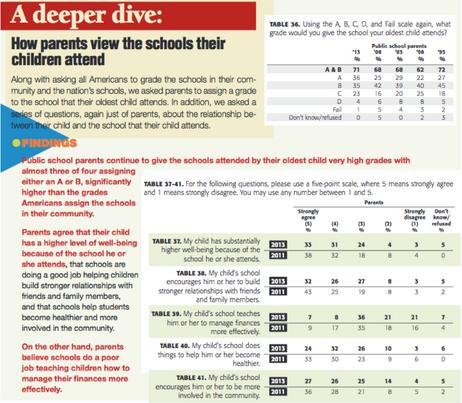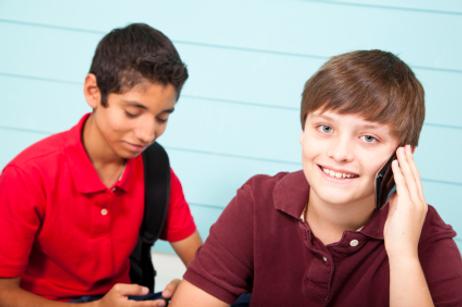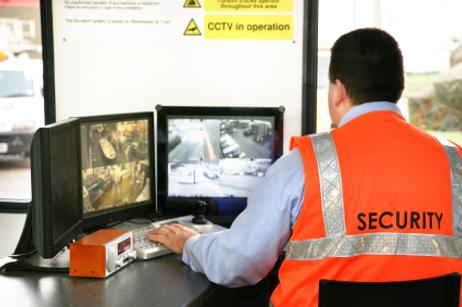A new PDK/Gallup Poll offers some interesting statistics on how parents view the current state of public schools. While standardized testing did make its way into the poll, more parents were worried about school funding than how to assess school and student performance. Most parents also thought their neighborhood school was doing a pretty good job, although they didn't rank public schools as well nationally. Read on to learn more about how parents see the condition of public education today.
About the Poll
The poll is a collaborative effort between Phi Delta Kappa and Gallup. It is conducted annually and is considered one of the best-known research instruments today. This year, researchers surveyed more than 1,000 Americans over the age of 18, asking questions from previous years and questions new to this year's survey. Because it is performed annually, researchers are able to track changing views of the education system and evaluate new ideas and processes in public education.
The Standardized Test Question
With No Child Left Behind and Common Core Standards still floating around Washington, the big question remains whether standardized testing is proving its worth in the education realm. According to this recent poll, parents don't find standardized testing very valuable for their children. Less than one-quarter of those polled thought tests had improved the quality of education in public schools. Three-quarters believed testing had made no difference or even hurt the education environment for students.
Standardized testing came in fifth this year on parents'






















